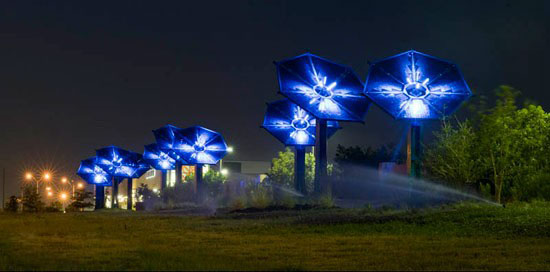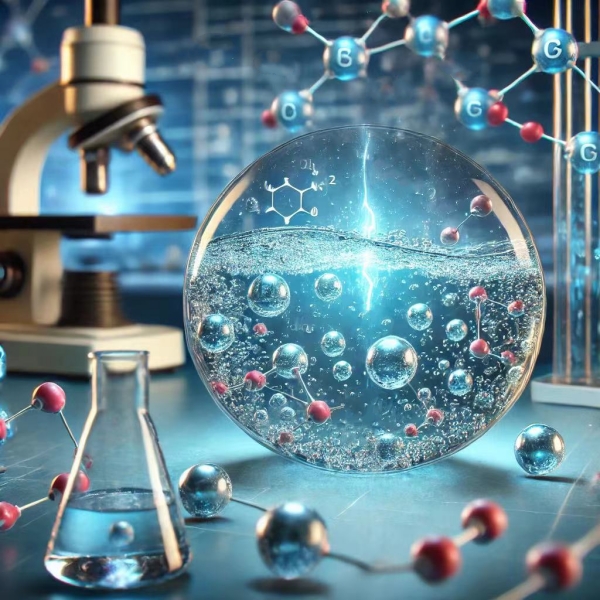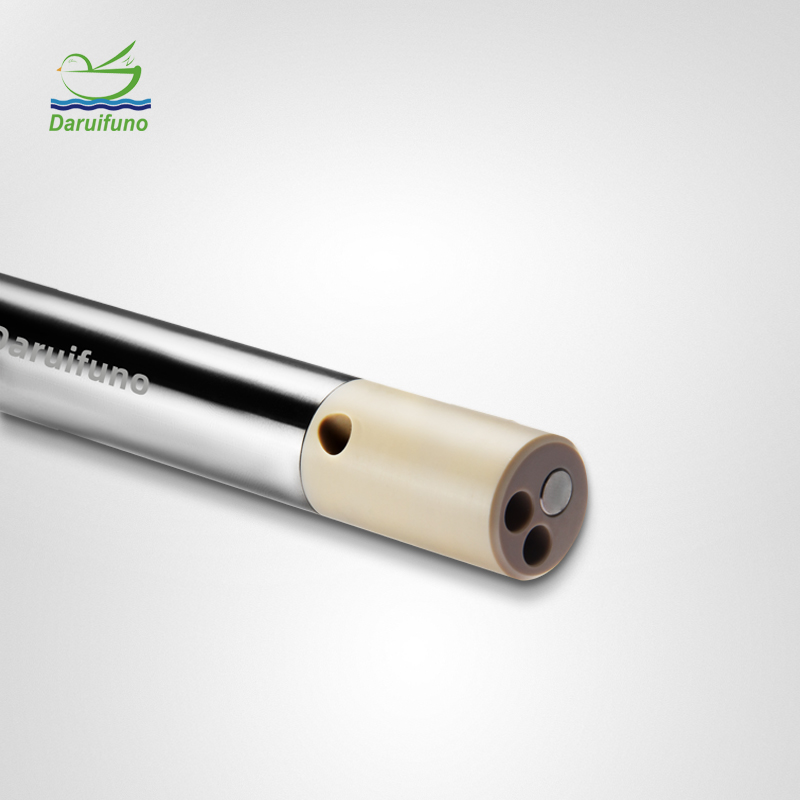 |
Designer Harris Sunflower has created a stunning solar installation that's now up and running in Austin, Texas. This innovative design harnesses the power of the sun to generate enough energy for an entire day’s electricity use. The system is connected to the grid, allowing all the produced power to be efficiently delivered and used by the community.


This project not only showcases the beauty of sustainable design but also highlights how modern technology can blend seamlessly with nature. The sunflower-shaped panels are both functional and visually striking, making it a great example of how renewable energy can be integrated into urban environments without compromising aesthetics. It's inspiring to see such creative solutions being implemented in real-world settings, paving the way for a cleaner and brighter future.
Liquid Conductivity Sensor, also called liquid conductivity probe, is an advanced device designed to measure the electrical conductivity of liquids. By analyzing a liquid's ability to conduct electricity, these sensors offer critical insights into its ion concentration, purity, and potential contamination. They serve as indispensable tools in industrial, environmental, and medical applications. Liquid conductivity measures a liquid's ability to conduct electricity, which depends on the presence and concentration of ions. Ions are electrically charged particles that enhance electrical conductivity when dissolved in water or other solvents. Monitoring conductivity is crucial for several reasons: These sensors employ electrochemical principles or measure changes in electrical impedance to detect conductivity levels. Modern sensors provide real-time, high-precision measurements, making them ideal for diverse applications. The versatility of liquid conductivity sensors makes them invaluable across multiple domains: Advances in technology have led to miniaturized, wireless, and smart conductivity sensors. These innovations expand their usability in agriculture, food processing, aerospace, and automotive industries. With increasing integration into IoT systems, these sensors are set to revolutionize liquid monitoring processes. Overview
What is Liquid Conductivity and Why Does It Matter?

How Liquid Conductivity Sensors Work

Applications of Liquid Conductivity Sensors
Future Trends in Conductivity Sensor Technology
Liquid Conductivity Sensor,Liquid Conductivity Probe,Liquid Conductivity Measurement,Conductivity Sensors for Water Quality,Liquid Conductivity Monitoring
Suzhou Delfino Environmental Technology Co., Ltd. , https://www.daruifuno.com